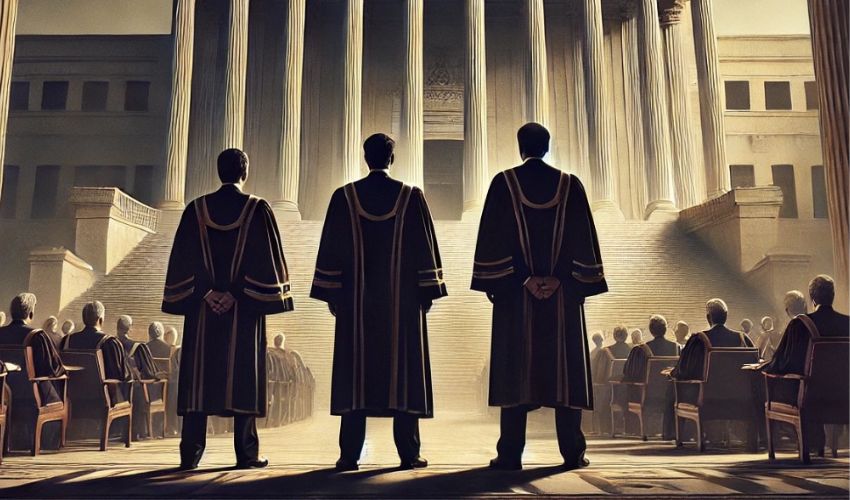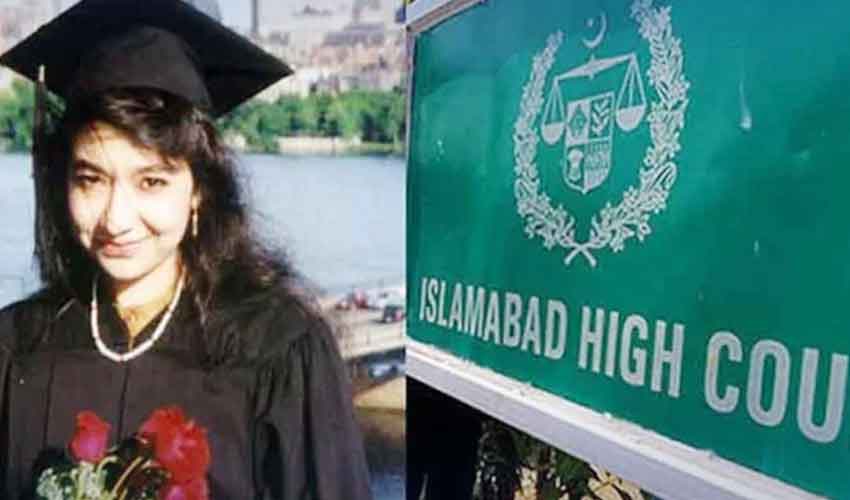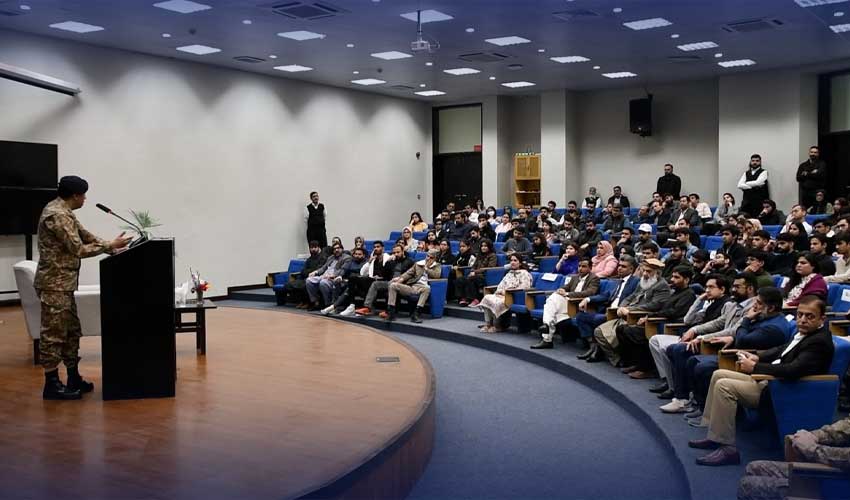As the tenure of Chief Justice Qazi Faez Isa nears its end, attention is now turning to the three most senior judges of the Supreme Court of Pakistan, one of whom is expected to be appointed as the next Chief Justice.
Among the contenders are Justice Mansoor Ali Shah, Justice Muneeb Akhtar and Justice Yahya Afridi.
Each of these distinguished judges has made significant contributions to Pakistan's judiciary, and their journeys highlight their deep experience and expertise.
Justice Mansoor Ali Shah
Justice Mansoor Ali Shah, born in 1962, is another senior judge vying for the position. Known for his reformist approach, Justice Shah is credited with modernizing the judicial system in Punjab, where he introduced reforms aimed at improving efficiency and transparency during his time as Chief Justice of the Lahore High Court. His innovative work included the use of technology to streamline case management and court proceedings.
He was elevated to the Supreme Court in 2018, where he continued his focus on human rights and environmental issues. Justice Shah has a reputation for delivering progressive judgments, particularly in areas related to public interest litigation.
His deep commitment to judicial reform and his forward-thinking approach make him a strong candidate for the top judicial post.
Justice Muneeb Akhtar
Born on December 14, 1963, Justice Muneeb Akhtar holds an impressive academic background. He graduated from Princeton University, USA, in 1986 and later completed his law degree from Punjab University Law College in 1989. Justice Akhtar began his legal career in 1990, practicing in the Sindh High Court, and by 2009, he had become an advocate for the Supreme Court of Pakistan.
He was appointed Additional Judge of the Sindh High Court in 2009 and became a permanent judge in 2011.
Justice Muneeb Akhtar was elevated to the Supreme Court on May 8, 2018.
Known for his sharp legal acumen, he authored the landmark judgment on the interpretation of Article 63A, which dealt with the disqualification of lawmakers involved in defection. With his vast experience in constitutional law, Justice Akhtar is regarded as one of the leading candidates for the position of Chief Justice.
Justice Yahya Afridi
Justice Yahya Afridi stands among the top three senior judges of the Supreme Court of Pakistan, positioning himself as a potential candidate for the esteemed role of Chief Justice. Born on January 23, 1965 in Dera Ghazi Khan, Justice Afridi’s distinguished legal career has been marked by significant contributions to Pakistan's judiciary.
After completing his early education at Aitchison College in Lahore, Justice Afridi graduated from Government College Lahore and pursued an MA in Economics from Punjab University. He later obtained an LLM degree from Jesus College, Cambridge University, under a Commonwealth Scholarship, marking his strong academic credentials.
Justice Afridi began his legal career in 1990, practicing at the Peshawar High Court. By 2004, he had become a Supreme Court lawyer and had also served as Assistant Advocate General for Khyber Pakhtunkhwa. His judicial journey began in 2010 when he was appointed an Additional Judge of the Peshawar High Court, becoming a permanent judge two years later. He went on to serve as the Chief Justice of the Peshawar High Court, assuming the position on December 30, 2016.
On June 28, 2018, Justice Yahya Afridi was elevated to the Supreme Court of Pakistan. Throughout his tenure, he has been part of various landmark cases. Notably, he was a member of the larger bench that heard the presidential reference regarding the execution of former Prime Minister Zulfiqar Ali Bhutto. In addition, Justice Afridi made headlines by writing a dissenting note in a significant case concerning reserved seats in the Sunni Union Council.
Justice Afridi’s career reflects a strong dedication to upholding the principles of justice and the rule of law, making him a notable figure in Pakistan's judiciary as he stands among the three senior-most judges of the Supreme Court.



























